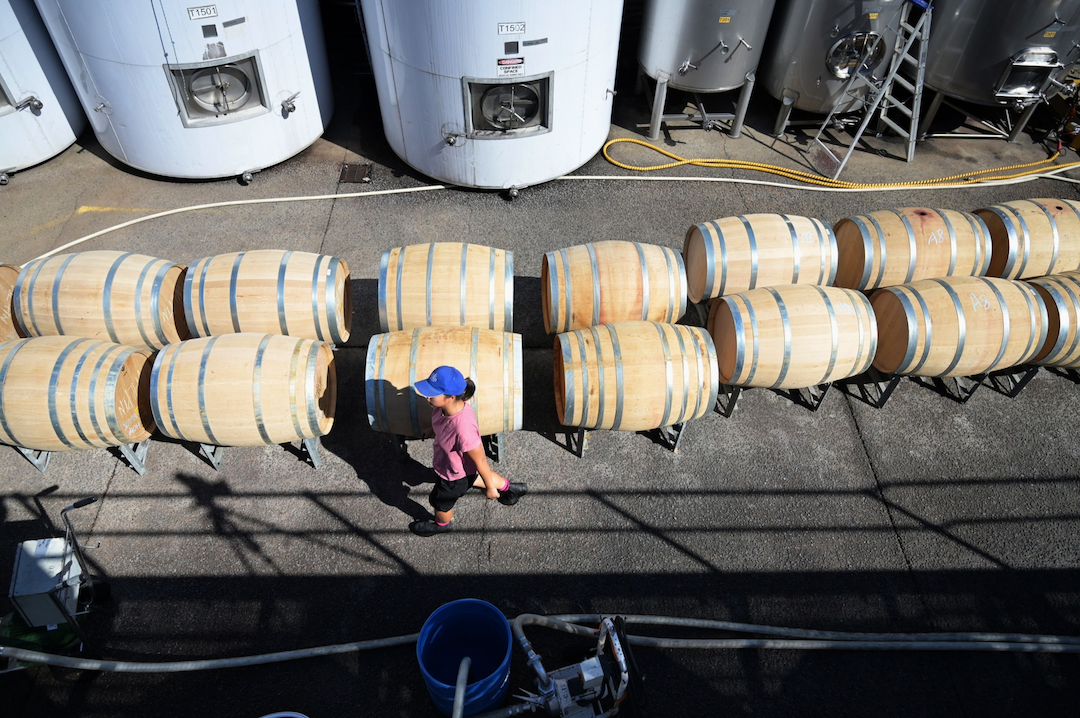China’s Decision to Lift Major Tariffs on Australian Wine Reflects Improving Relations
In a significant move indicating thawing relations between the two nations, China has announced the removal of substantial tariffs on Australian wine. These tariffs, exceeding 200%, were initially imposed in 2020 amidst a series of economic setbacks to Australian exports.
The imposition of tariffs by Beijing in 2020 targeted a range of Australian exports including coal, barley, timber, and lobsters, as part of broader political tensions between the two countries.
However, since the election of a new government in Canberra in 2022, relations between China and Australia have been on the mend.
Prime Minister Anthony Albanese hailed the announcement from the Chinese commerce ministry, noting that his administration had successfully reduced other trade barriers as well. Last August, China also lifted tariffs on Australian barley, marking another positive development in trade relations.
Prime Minister Albanese emphasized the persistent efforts of his government in lobbying China for the removal of remaining tariffs, particularly on commodities like beef and lobster.
China was previously a key market for Australian winemakers, accounting for nearly a third of their exports. However, following the cessation of trade with China, the Australian wine industry suffered significant losses, estimated at A$2.1 billion in the year after the market closure. Despite efforts to diversify to other markets, winemakers struggled to match the volume of sales, leading to a surplus in recent years.

